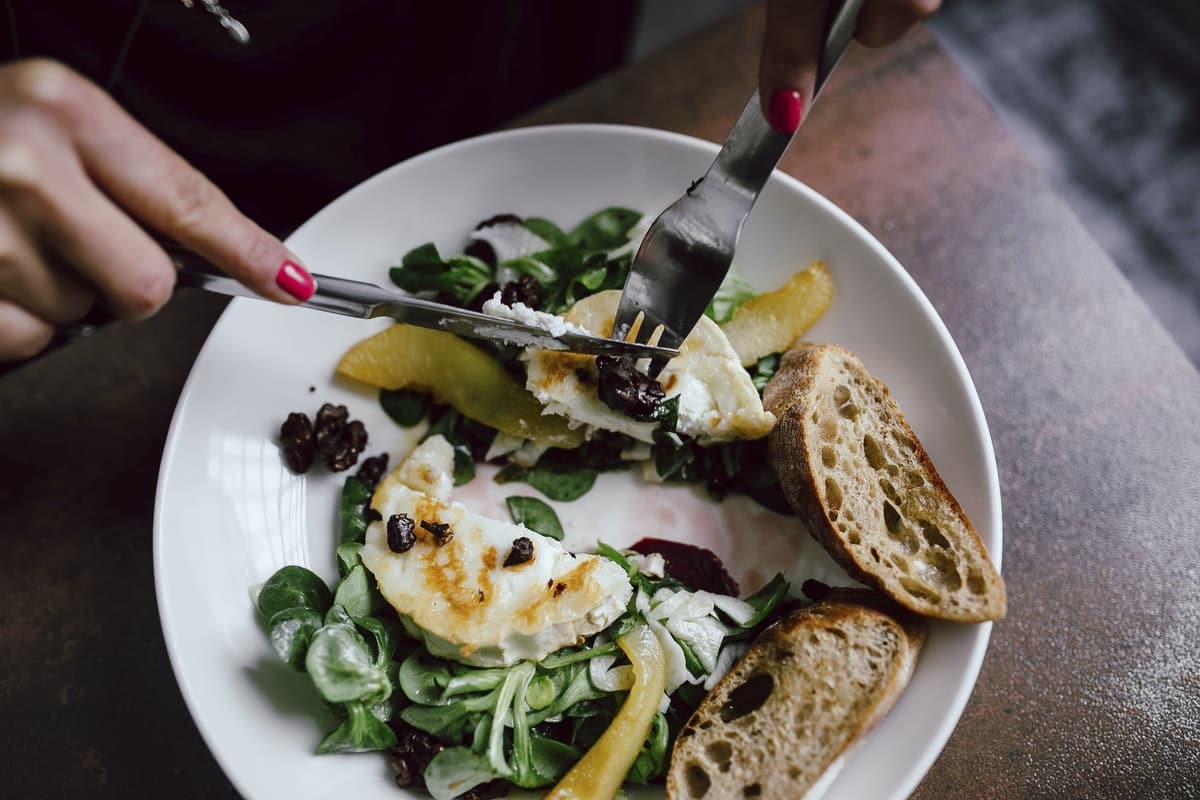
A stone is a hard material that forms in the kidneys when calcium, oxalate, or phosphorus substances are concentrated in the urine. Kidney stones are one of the most common urinary tract disorders and can be extremely painful to pass. Research has found that certain foods, minerals, and fluids can actually promote kidney stone formation, especially in susceptible individuals. Learn3 what foods to avoid to help prevent stone recurrence.
How do you know if you have a kidney stone?
Kidney stones are hard, pebble-shaped masses that form in one or both kidneys. They vary widely in size and can be as small as a single grain of sand or, in some rare cases, as large as a golf ball.
Small kidney stones usually pass through the kidneys and urinary tract without causing any symptoms, but larger stones can get trapped and block the flow of urine, which can cause pain or bleeding.
There are different types of kidney stones, and each type may require a different type of treatment plan, along with a different type of kidney stone diet. Some foods that are good for kidney stones caused by calcium and oxalate not good for kidney stones caused by uric acid, and vice versa.
If you suspect you have kidney stones, your doctor can confirm (or rule out) the diagnosis and tell you what type of stones they are so you know which diet plan works best for you. Of course, it's best to get specific nutritional advice from your doctor or a qualified nutritionist familiar with your case.
Diet can affect two types of stones: calcium stones, which include calcium oxalate and calcium phosphate stones, and uric acid stones. Calcium oxalate stones are the most common and can be caused by high excretion of calcium and oxalate. Calcium phosphate stones can be caused by high levels of calcium and pH in the urine. Uric acid stones form when acidic urine that has a low pH becomes concentrated with uric acid.
4 foods to avoid if you have kidney stones
Limit animal protein
Animal protein can increase the risk of calcium and uric acid stones. The purine it is a compound found in animal protein that breaks down into uric acid in the urine and can lead to the formation of uric acid stones. Foods highest in purines include organ meats, such as liver, heart and kidney; anchovies; sardines and mackerel; cod; herring; mussels; scallops; prawns; veal; bacon; and the sauces. Avoid these foods if you are at risk of uric acid stones. The acid in animal protein may also increase calcium and decrease citrate excretion in the urine, which may be associated with an increased risk of calcium stones. To prevent the recurrence of uric acid and calcium stones, limit animal protein to 170 grams per day.

avoid sodium
Sodium can increase your risk of calcium oxalate and phosphate stones by causing your kidneys to excrete more calcium in your urine. Calcium can combine with oxalate and phosphorus to create calculations. To limit sodium to 2,300 milligrams per day, avoid typical foods high in sodium, such as fast food, canned soups and vegetables, pickled foods, processed frozen meals, deli meats, hot dogs, and snack foods. Look for hidden sources of sodium in the ingredients list, such as monosodium glutamate, sodium alginate, sodium nitrate or nitrite, baking powder, sodium bicarbonate, and disodium phosphate.
Limit oxalate and vitamin C
Limit oxalate in your diet if you are at risk for calcium oxalate stones. Foods high in oxalate can increase levels in the urine. When oxalate combines with calcium, calcium oxalate stones are formed. Foods high in oxalate include spinach, beets, rhubarb, nuts, wheat bran, buckwheat and chocolate. There is also some evidence that doses of vitamin C or ascorbic acid supplements greater than 2,000 mg may increase stone formation in those who are at risk.
Stone promoting fluids
Fluid intake is extremely important for people with kidney stones. Fluids dilute the urine and reduce the concentration of stone-forming minerals. Choosing the right fluids is key. Some research shows that certain fluids, such as colas, contain phosphoric acid and may increase your risk of kidney stones. The soft drink intake it is generally associated with weight gain, which also increases the risk of kidney stones. Avoid soft drinks altogether to help reduce stone recurrence. Drink mostly water throughout the day to help prevent all types of kidney stones.